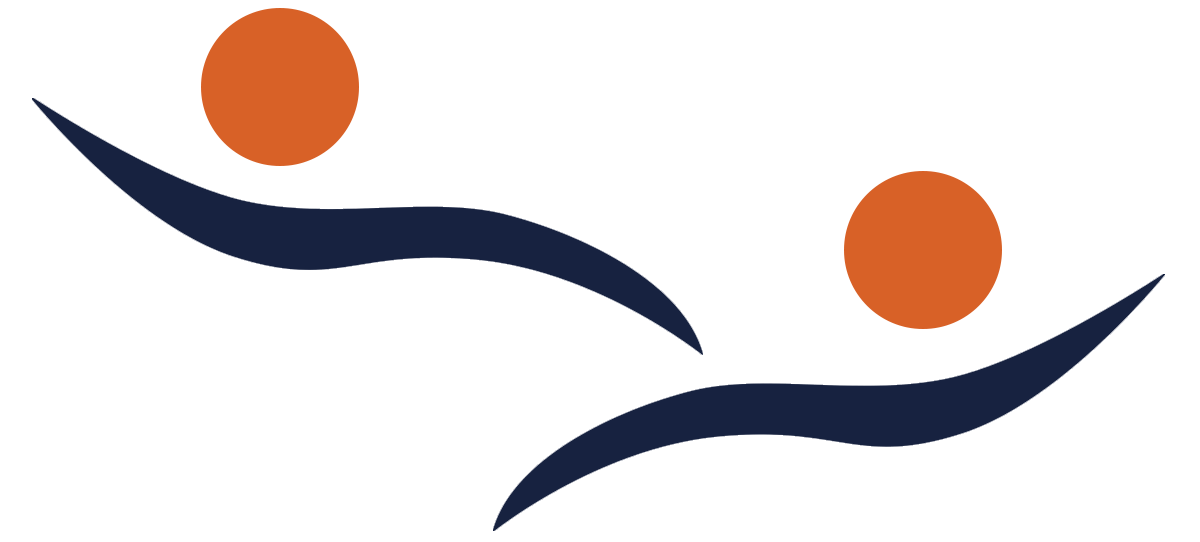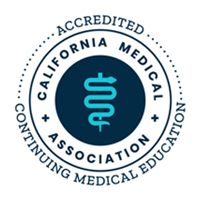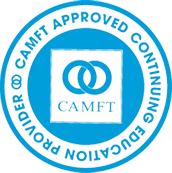Advancing the art of psychoanalytic practice
The classics reimagined for today
Core Adult Program
PCC’s Core Training Program involves a course of study that emanates from a commitment to an understanding of early states of mind as revealed through personal analysis, psychoanalytic infant observation, clinical experience, and the study of psychoanalytic theories and practice.
A four year course of didactic study is enhanced by three supervised clinical cases. Didactic courses meet on Wednesdays, 8 am to noon Pacific time.
In the first year of training, candidates observe an infant from birth onwards, spending an hour each week watching a baby, mother and family. Detailed notes are then presented for discussion in the weekly seminar.
Theoretical coursework includes classes on Sigmund Freud, Melanie Klein, Donald Winnicott, Wilfred Bion, British Independents, American psychoanalysis, child psychoanalysis, psychosis, perversions, psychosomatics, borderline and narcissistic disorders, trauma, and psychoanalytic technique. By the third year, clinical case conferences comprise half the curriculum.
PCC Training teaches graduates to:
- Receive communications from the infantile unconscious
- Develop understanding of transference processes
- Use countertransference experience
- Resolve therapeutic impasses
The three main components of PCC’s Core Program:
- Personal Psychoanalysis
- Curriculum: Didactic Courses, Tavistock Infant Observation, and Case Conferences
- Supervised Psychoanalyses
The following licensed mental health professionals can apply for this program:
- Registered Nurses
- Marriage and Family Therapists
- Psychologists
- Clinical Social Workers
- Clinical Counselors
- Physicians
As a component society of the IPA, PCC awards a Graduate Certificate in Psychoanalysis upon completion of all program requirements.






